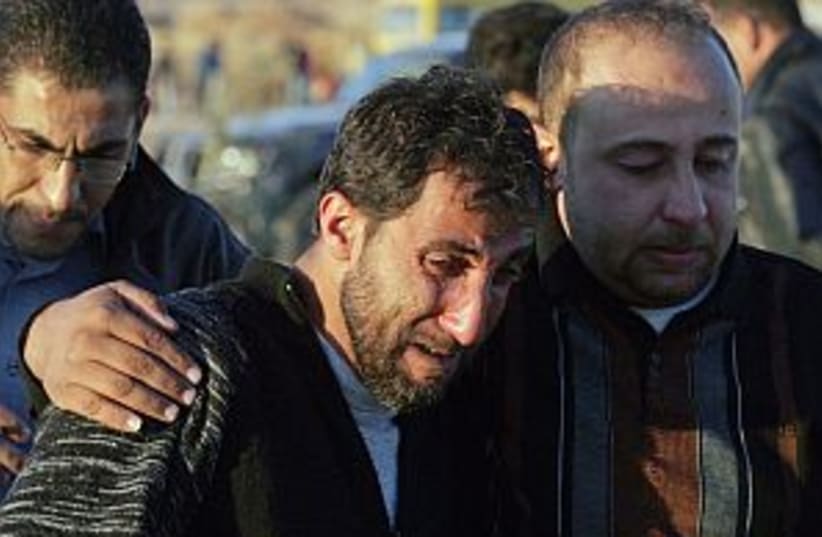| More about: | Amman, George W. Bush, Abdullah II of Jordan, Abu Musab al-Zarqawi |
Amman mourns victims of hotel attacks
King Abdullah vows to find the terrorists as Jordanians call for retaliation.


| More about: | Amman, George W. Bush, Abdullah II of Jordan, Abu Musab al-Zarqawi |